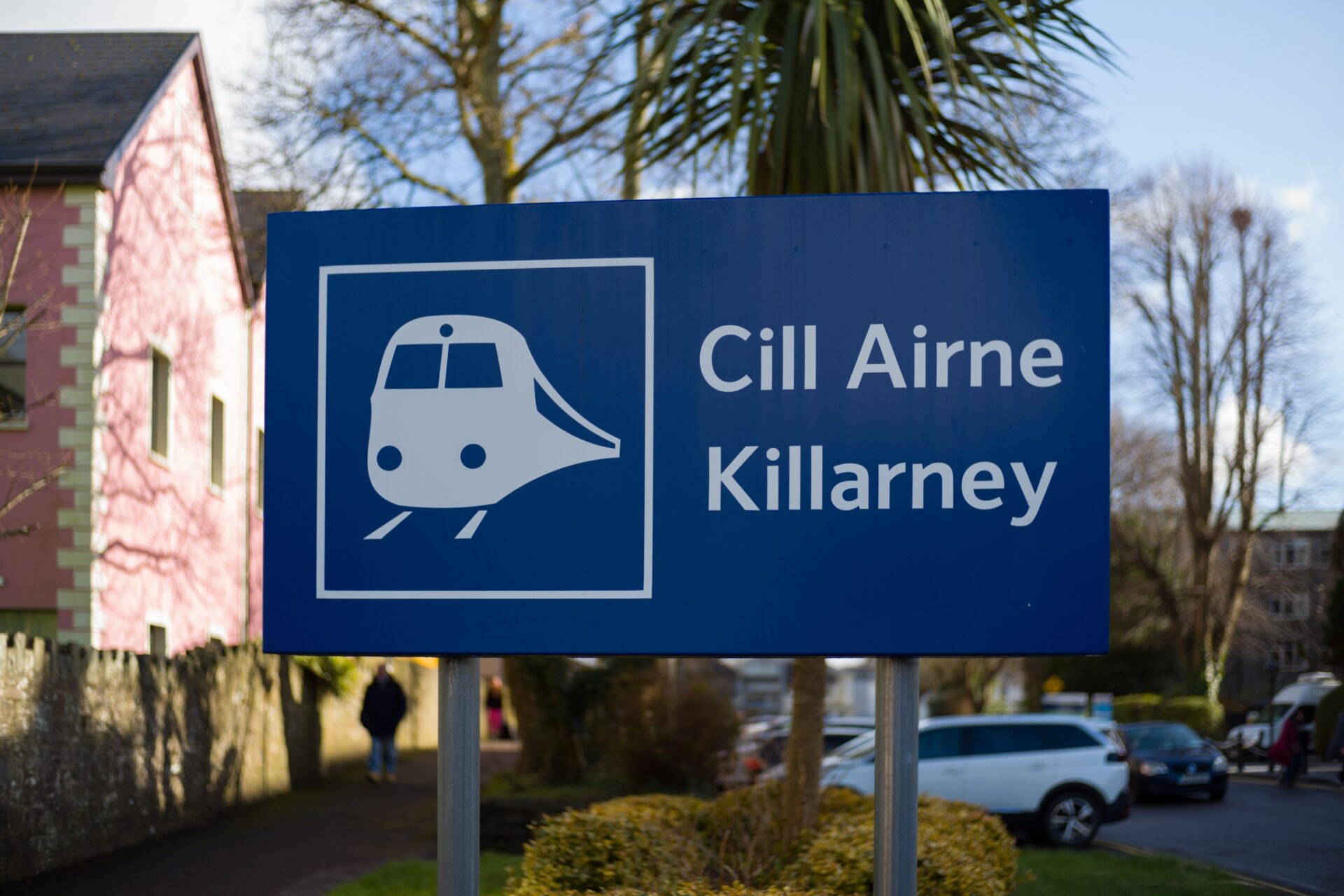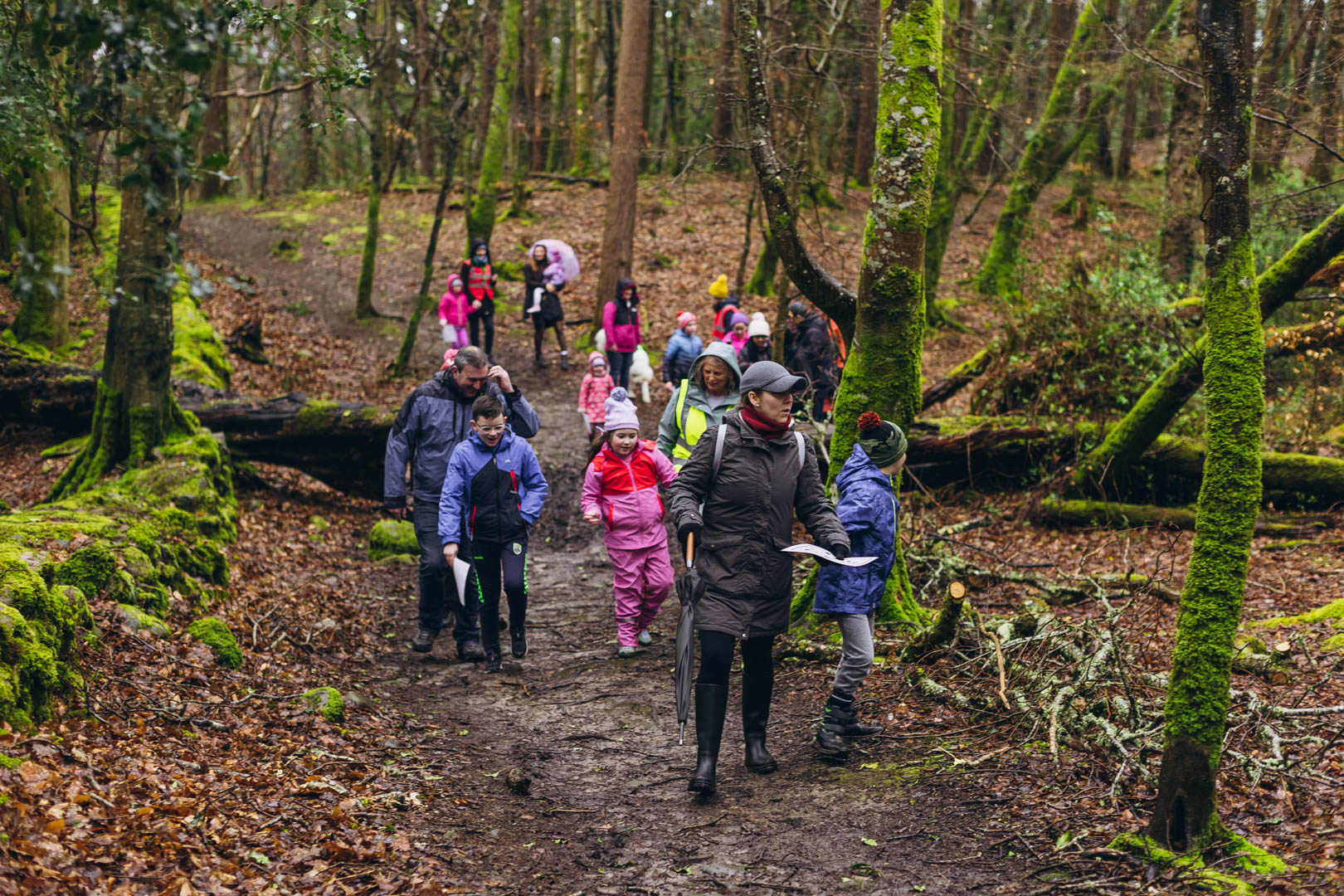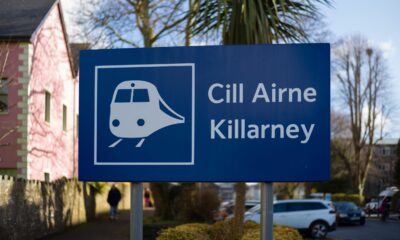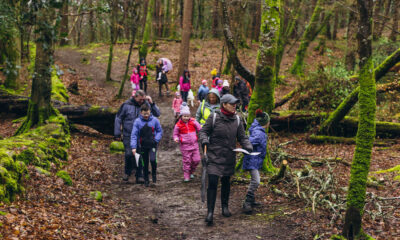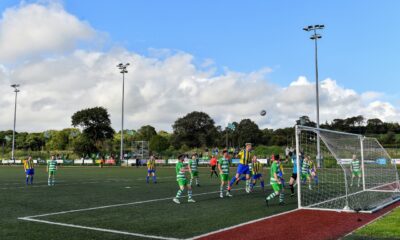News
KNOW YOUR RIGHTS: Deposits for private rented accommodation

In today’s property market, finding rented accommodation that is affordable is particularly challenging.
With a limited supply of rented property available and huge demand, finding somewhere to rent can be a stressful experience. The pressure is on to try to secure a place to live by putting down a deposit as quickly as possible. Before parting with any money though, and to avoid becoming a victim of rental scammers you should:
Always visit the property – don’t agree to rent it through a website or social media
Never transfer funds electronically to someone claiming to be an agent/landlord until you are sure you have a legitimate transaction
Check that the keys work and that you have full and correct contact details for the landlord/agent who is authorised to rent the property.
You should never hand over a deposit to a prospective landlord/agent until you are sure that you are happy with the condition of the property, the terms and conditions of the letting and are willing to rent it.
Holding deposits
Some landlords or agents may ask you for a holding deposit when you decide to take the accommodation. This is a sum of money you pay to hold the property before you sign the lease and enter into a contract with the landlord. You should always get a written receipt for a holding deposit.
Holding deposits are often not refundable if you don’t take up the accommodation. As a tenancy has not been created, it is not possible to avail of the Residential Tenancies Board dispute resolution to try to get back your money. You may be able to pursue the matter through the Small Claims Court.
Security deposits
You will be asked for a security deposit before moving into the accommodation. The landlord holds this deposit as security to cover any rent arrears, bills owing or damage beyond normal wear and tear at the end of the tenancy.
You cannot be forced to make upfront payments of more than two month’s rent. This includes a deposit of a month’s rent and one month’s rent in advance. This restriction applies to all tenancies created from 9 August 2021 and is set out in the Residential Tenancies (No. 2) Act 2021.
You should get a receipt for any deposit you pay. Your rent book should state how much of a deposit you paid.
Student Accommodation
Students in student-specific tenancies can opt-out of this restriction and pay a larger upfront payment if they want. The Residential Tenancies Board has a guidance document about this legislation.
Help with the Deposit
If you are getting a Social Welfare payment and are unable to pay the deposit, the Department of Social Protection’s representative (formerly the Community Welfare Officer) may be able to help with paying a deposit under the Supplementary Welfare Allowance Scheme.
If you are in emergency homeless accommodation, your local authority may help with any deposit needed to get accommodation under the HAP scheme. You should contact the housing section of your local authority for further information on this.
Record of Condition at Start and End of Tenancy
When you move in, your landlord must provide you with an inventory of the contents of the property. You should keep a record of the condition of everything that is listed, taking photos if possible, and agree this in writing with your landlord.
Before leaving the property you should clean it thoroughly, remove all your possessions, dispose of all rubbish and take dated photos to show the condition in which it was returned. This will be very useful if you find that the landlord is reluctant to return your deposit and you need to take a case to the RTB. Ideally you should request to be present at a final inspection of the property with the landlord/agent.
Losing the Deposit
When you leave a property at the end of the agreed rental period or after giving the agreed notice, the landlord should return your security deposit, promptly and in full. However, if you leave before the end of the agreed period, the landlord may keep your deposit, even if you have given notice. It is also possible that you may also be liable for the amount of rent due until the end of the lease, depending on what is stated in the lease agreement.
You may lose some or all of your deposit if:
* You leave without giving proper notice, or leave before the end of a fixed-term lease
* You cause damage to the accommodation beyond normal wear and tear
* You leave with unpaid bills
* You leave with rent arrears
The landlord cannot hold your possessions against money you owe, but they can apply to the RTB if they feel that your deposit does not cover rent arrears or the cost of damage to the property.
Making a Complaint to the Residential Tenancies Board
If you believe that your landlord is unfairly withholding your deposit, you should request it in writing. If your landlord claims that there are bills/rent outstanding or damage to the property you should request proof. If you cannot reach agreement/secure the return of your deposit you can make a complaint to the RTB and opt for mediation or adjudication on the issue. Mediation is free. Adjudication costs €15 if you apply online and €25 if submitting a paper application.
Tenant Deposit Protection Scheme Pending
A point to note is that the Residential Tenancies (Amendment) Act 2015 provides for a tenancy deposit protection scheme, where the RTB would manage and hold deposits for tenants and landlords but these provisions are not yet in effect.
Call a member of the local Citizens Information team in Kerry on 0818 07 7860. The offices are staffed from Monday to Friday from 10am to 4pm. Alternatively you can email on tralee@citinfo.ie or log on to www.citizensinformation.ie for further information.

